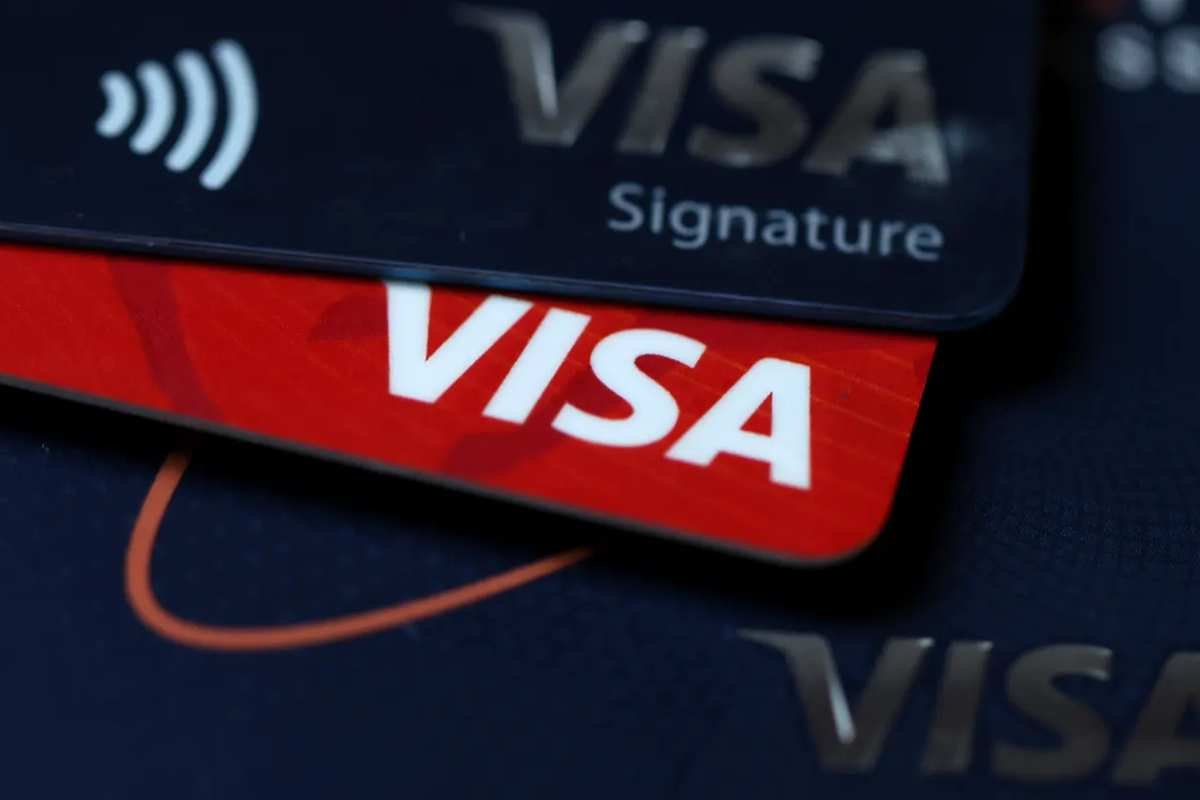[Source – cnbc.com]
The U.S. Department of Justice (DOJ) has filed a lawsuit against Visa, accusing the world’s largest payments network of maintaining an illegal monopoly over debit transactions. The lawsuit, filed in a New York court on Tuesday, claims that Visa imposed exclusionary agreements on partners, limiting competition and stifling innovation.
According to the DOJ, Visa’s actions have resulted in billions of dollars in extra fees for American consumers and merchants. “Visa has unlawfully amassed the power to extract fees far beyond what a competitive market would allow,” stated Attorney General Merrick Garland in a release.
Visa’s Monopoly Allegations
As the DOJ sues Visa, it contends that the company’s dominance over the debit payments industry has forced both merchants and banks to raise costs for consumers. Garland remarked, “Visa’s unlawful conduct affects the price of nearly everything.” With Visa controlling more than 60% of the U.S. debit transaction market, the DOJ alleges that the company is using its power to stifle competition.
Visa responded to the allegations, calling the lawsuit “meritless.” Julie Rottenberg, Visa’s general counsel, stated, “Today’s lawsuit ignores the reality that Visa is just one of many competitors in the growing debit space.”
Past and Present Regulatory Scrutiny
This lawsuit is not the first time Visa has faced antitrust scrutiny. In 2020, the DOJ filed a similar case to the one that blocked Visa’s acquisition of the fintech company Plaid. That deal, initially valued at $5.3 billion, was eventually abandoned due to regulatory pressure. Visa and Mastercard have also agreed in the past to limit fees and allow merchants to charge customers for using credit cards, a move retailers said could save up to $30 billion.
The DOJ’s latest complaint argues that Visa imposes punitive rates on merchants and banks if they shift a significant portion of their debit transactions to competitors. These exclusionary agreements, according to the DOJ sues Visa, insulate three-quarters of Visa’s debit volume from fair competition.
Innovation and Competitor Agreements
As the DOJ sues Visa, it also claims that Visa has stifled innovation by paying hundreds of millions of dollars annually to competitors like Apple, PayPal, and Square, ensuring that these companies remain partners instead of rivals. Visa allegedly struck an agreement with a predecessor to Block’s Cash App to prevent it from becoming a significant competitor in the debit payments market.
The DOJ is seeking court intervention to stop Visa from continuing these anti-competitive practices, including fee structures that discourage new entrants into the payments sector. The move is part of broader regulatory efforts during the Biden administration to crack down on monopolistic behavior and protect consumers.
This lawsuit could have far-reaching implications for the payments industry, as other players, like Discover Financial and Capital One, are aiming to compete with Visa and Mastercard.










